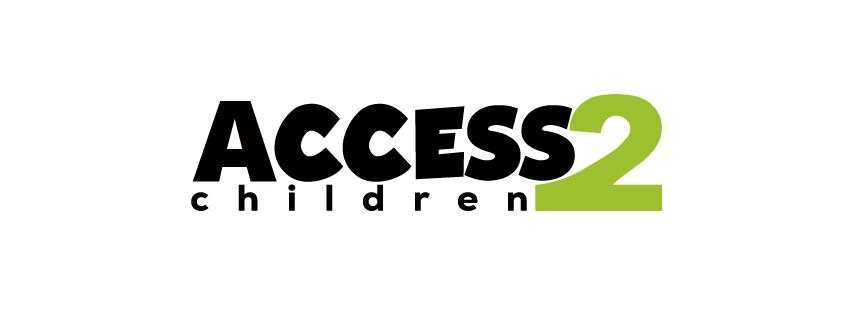The Paradox of Children’s Autonomy: Gender Transitions vs. Parental Time
In contemporary discourse, there exists a paradoxical dichotomy regarding children’s autonomy and decision-making rights. On one hand, society increasingly recognizes and supports children’s agency in navigating complex issues such as gender identity, often endorsing their right to undergo sex transitions. However, on the other hand, children often lack the autonomy to choose fundamental aspects of their upbringing, such as spending equal time with both parents post-divorce. This incongruity raises pertinent questions about the extent to which children are afforded agency and decision-making power in different facets of their lives.
The acceptance of children undergoing sex transitions reflects a growing acknowledgment of their capacity to understand and express their gender identity. In recent years, there has been a significant shift towards recognizing gender diversity and affirming individuals’ right to self-determination regarding their gender expression and identity. Children who express a strong and persistent gender identity incongruent with their assigned sex at birth are increasingly supported in exploring gender-affirming interventions, such as hormone therapy or surgical procedures, under the guidance of medical professionals and informed consent.
This recognition of children’s autonomy in matters of gender identity underscores the importance of affirming their self-expression and facilitating access to appropriate resources and support. It acknowledges that children are capable of understanding and articulating their gender identity, and that denying them the opportunity to express their true selves can have detrimental effects on their mental health and well-being.
However, juxtaposed with this acceptance of children’s autonomy in gender-related decisions is the prevailing reluctance to grant children equal say in matters of parental custody and visitation post-divorce. In many jurisdictions, custody arrangements typically favor one parent over the other, often resulting in unequal parenting time and limited access to both parents for the child. Despite growing recognition of the importance of shared parenting in promoting children’s well-being and emotional development, legal frameworks and societal norms continue to prioritize the interests of one parent over the other, often to the detriment of the child’s relationship with both parents.
This disparity highlights a fundamental inconsistency in how children’s autonomy is perceived and respected in different contexts. While children are deemed capable of making life-altering decisions regarding their gender identity, they are often denied agency in determining the nature and extent of their relationships with both parents post-divorce. This raises important questions about the criteria used to assess children’s capacity for autonomy and decision-making, and the factors that influence societal attitudes towards children’s rights and agency.
Ultimately, the recognition and validation of children’s autonomy should be consistent across all aspects of their lives, including decisions related to gender identity and parental relationships. It is essential to adopt a holistic approach that prioritizes children’s well-being and respects their agency in navigating complex issues, while also safeguarding their rights and ensuring their best interests are upheld. By promoting a culture of inclusivity, empathy, and respect for children’s autonomy, we can create a more equitable and compassionate society where all children are empowered to thrive and fulfill their potential.

